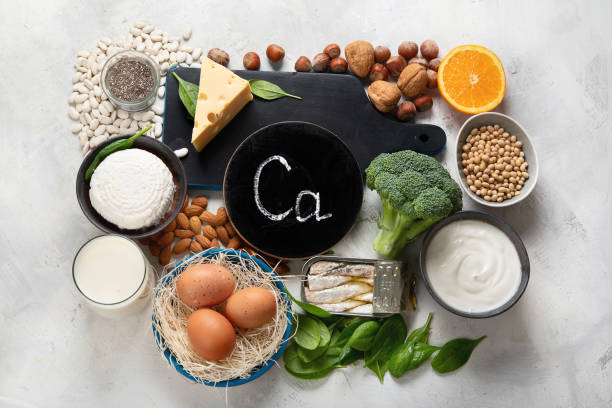by Karen Heslop
Your body undergoes many changes as you age. One of those changes is how dense your bones are and that can affect bone strength. For Black Americans, the change can be even more noticeable so it’s important to combat it. An easy way to help your bones is to incorporate more calcium into your diet.
Black Americans and Bone Density
Interestingly, Black Americans generally have higher bone density than other ethnicities when they’re younger. However, this changes as you get to 50 and over. It’s common for the body to start leaching calcium and phosphate from the bones, which leads to lower bone density. For Black people, the change in bone density can be worse than with other ethnicities. To make things worse, Black Americans are more prone to illnesses like diabetes, lupus, and sickle cell anemia which can increase your risk of poor bone density.
10 Calcium-Rich Non-Dairy Foods

1. Chia Seeds
Two tablespoons of chia seeds contain 179 mg of calcium, which is impressive considering that 6 ½ tablespoons of whole milk will only get you 113 mg of calcium. You can get the most out of chia seeds by adding them to smoothies, oatmeal, and yogurt.
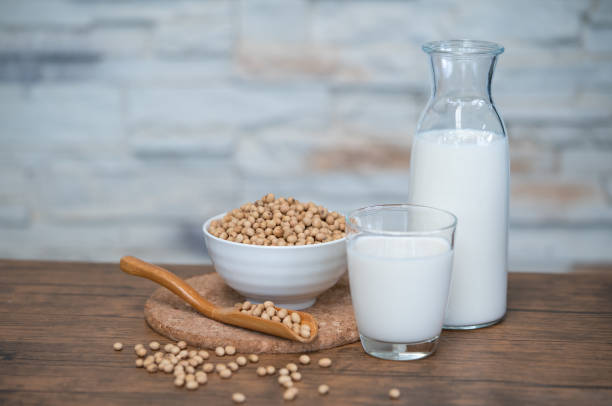
2. Soy Milk
When choosing soy milk, it’s best to look for the kind that’s fortified with calcium carbonate. A glass of this will give you the same amount of calcium as a glass of whole milk.

3. Almonds
A cup of almonds contains 385 mg of calcium but this is more than the recommended daily intake so you don’t need to have that much. It’s also important to note that almonds are a good source of fats so ask your doctor if that amount of fat is good for you. You can eat almonds as is or add them to your yogurt and salads.
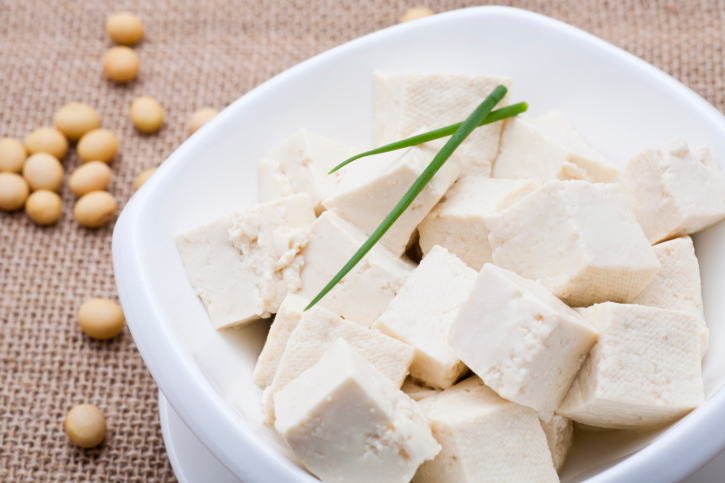
4. Tofu
Tofu can be a good source of calcium depending on how much calcium salt the brand uses. Your best bet is to check the packaging for specific figures as the amount can vary from 275 to 860 mg in a ½ cup. Tofu is an excellent meat substitute that can be used in several dishes.
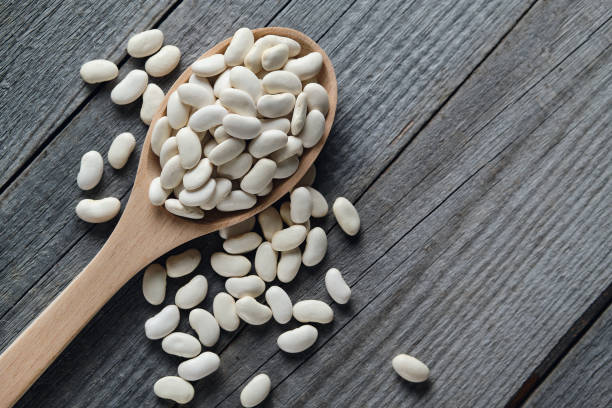
5. White Beans
These beans contain about 160 mg of calcium in each cup. You can eat them as a side dish or add them to stews, soups, or salads. They can also be used to make hummus.
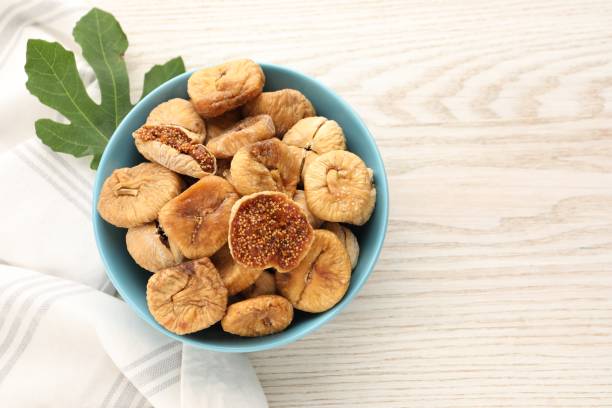
6. Dried Figs
Dried figs make a great snack and you get about 240 mg of calcium in a cup. You can also use them to make jam.

7. Kale
Apart from being a good source of iron, two cups of uncooked kale packs about 180 mg of calcium. Raw, chopped kale can make a salad but you can also steam it for a side dish.

8. Sunflower Seeds
A cup of sunflower seeds can have about 109 mg of calcium. However, doctors recommend opting for the unsalted variety so you don’t add too much sodium to your diet.
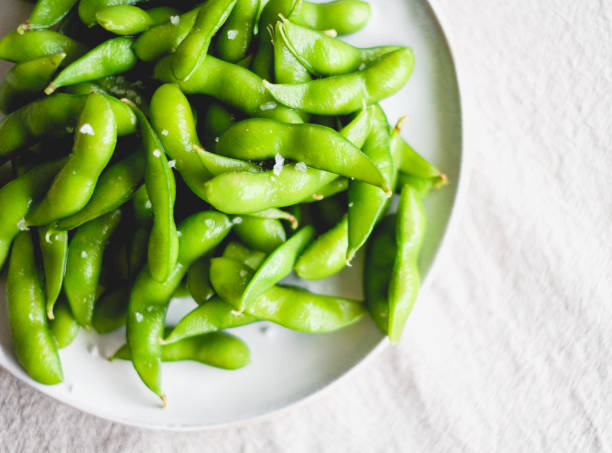
9. Edamame
These beans are a good source of protein as well as calcium. Just a cup has 98 mg of calcium. You can use edamame in dips, wraps, salads, and stir-fries.
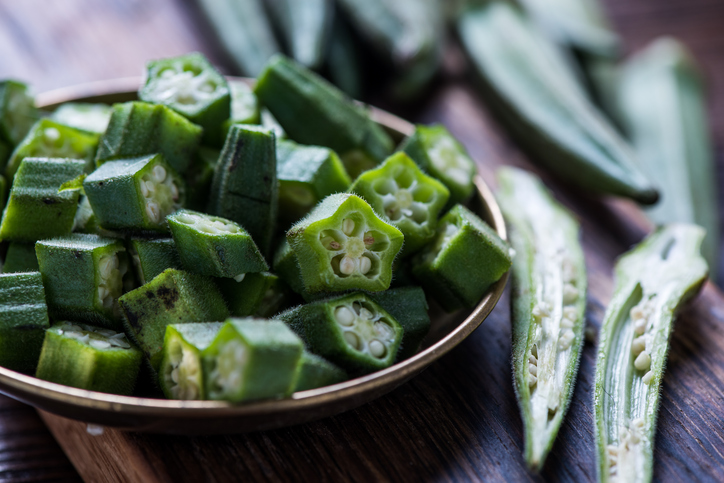
10. Okra
This versatile vegetable can be boiled, steamed, pickled, roasted, or grilled. A cup of it contains 82 mg of calcium.
Why Going Dairy-Free is a Great Idea
While dairy products are a significant source of calcium, they’re not the best for everyone. Studies show that up to 80 percent of Black Americans deal with varying levels of lactose intolerance. If you have this condition, your body is unable to digest lactase properly and this causes digestive issues like bloating, flatulence, and diarrhea.
Unless there is an injury to the digestive system, most people don’t show symptoms of lactose intolerance until they’re older. The symptoms can also get worse as you age. Additionally, your chances of developing lactose intolerance increase if you have other conditions such as irritable bowel disease (IBD) or Crohn’s disease.
Though it will improve your bone density to get more calcium in your diet, it won’t help if you upset your digestive system. That’s why you should find non-dairy sources of the essential mineral.
It’s inevitable for your one density to be affected as you age. Doctors suggest adding calcium-rich foods to your diet but for Black Americans, that shouldn’t include dairy. Your best bet is to add dairy-free foods to your meals so you don’t upset your stomach.

